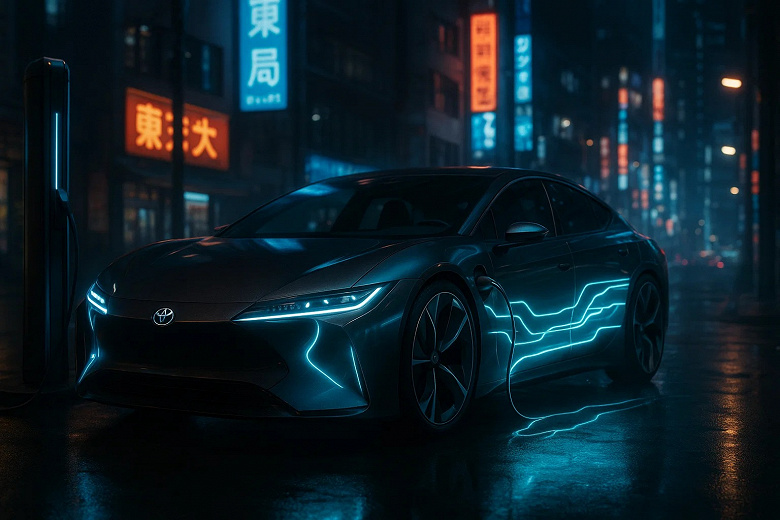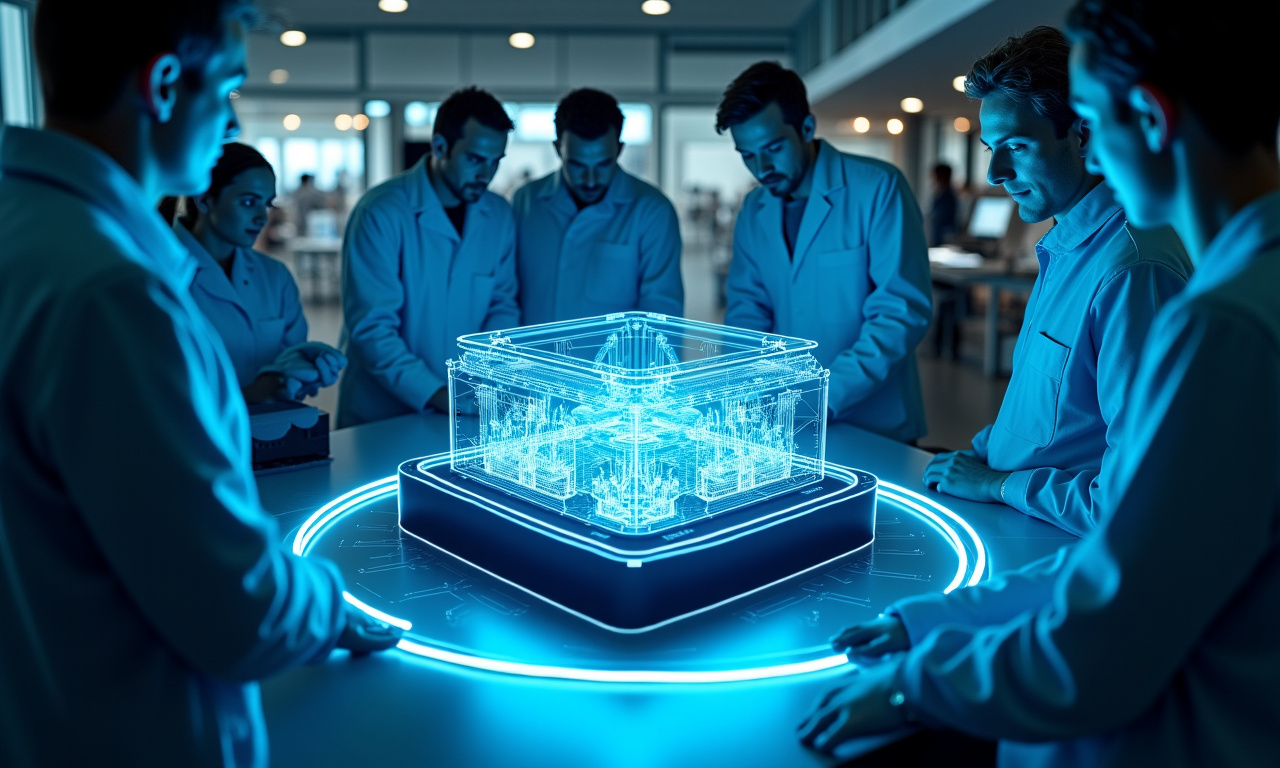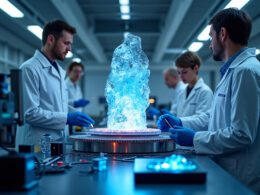Revolutionizing Automotive Power with Solid-State Batteries
Toyota has announced that it is on track to integrate solid-state batteries (SSBs) into mass-production vehicles by 2027–2028. These advanced batteries are reported to have a lifespan of up to 40 years, significantly surpassing the longevity of modern lithium-ion batteries, which typically retain around 90% capacity for about a decade. This remarkable advancement allows one solid-state battery to replace four conventional ones, thereby reducing production volume and associated carbon footprint.
The Solid-State Difference
The key innovation of solid-state batteries lies in replacing the liquid electrolyte with a solid form, enhancing safety by reducing the risk of overheating and fire. This also increases the energy density-the amount of energy a battery can store relative to its mass or volume-making these batteries potentially smaller, lighter, and more powerful. Drivers could experience ranges exceeding 1,000 kilometers on a single charge. According to Toyota, the durability of these new batteries is so extensive that they could outlive the vehicles themselves, offering potential reuse in multiple cars over time. This systemic longevity justifies the initial higher cost, as it decreases long-term ownership expenses and the need for new battery production.

Artwork: Sora
Pioneering Partnerships and Technological Breakthroughs
At the Japan Mobility Show in Tokyo, Toyota representatives noted that while the technology will initially be expensive, costs are expected to decrease with increased production and demand. According to Car Expert, the first solid-state batteries are anticipated to debut in luxury models like the Lexus or Toyota Century. Subsequently, the technology is projected to permeate the mass market, featuring in future iterations of popular models such as the Toyota Corolla.
Building a Sustainable Supply Chain
To facilitate market entry, Toyota is establishing extensive manufacturing and raw material supply chains. In October, the company announced a breakthrough in fully solid-state batteries and a partnership with Sumitomo Metal Mining for mass production of cathode materials. Since 2021, Toyota and Sumitomo have focused on improving cathode longevity through Sumitomo’s proprietary powder synthesis technology. Mass production is slated to start by Japan’s 2028 fiscal year, beginning in April, with Toyota as a priority recipient. This initiative aligns with Japan’s strategy to establish internal battery supply chains, reducing dependence on Chinese and South Korean manufacturers.
Investing in the Future of Energy
Japanese companies, including Toyota, are investing approximately $7 billion (1 trillion yen) in local battery production, supported by government aid through Japan’s Ministry of Economy, Trade and Industry (METI) certifications for domestic solid-state battery production lines. Concurrently, Toyota is collaborating with other industrial partners, including the oil company Idemitsu Kosan, to prepare for lithium sulfide production-a critical material for solid-state systems. Idemitsu is constructing a large-scale facility capable of producing 1,000 metric tons of sulfide annually, targeting mass production by 2027. These efforts are set to reinforce the raw material base necessary for the future mass production of solid-state batteries.





